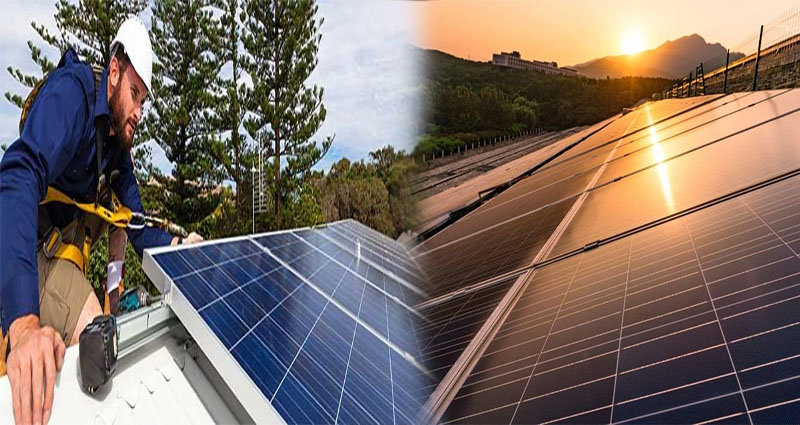With the increasing need for sustainable and renewable sources of energy, photovoltaic (PV) systems have gained popularity as an effective solution for generating electricity in homes. By converting sunlight directly into electricity, PV systems offer numerous advantages that make them an attractive option for homeowners looking to reduce their energy costs and carbon footprint. In this article, we will explore the key advantages of photovoltaic systems for home energy.
1. Environmentally Friendly
One of the most significant advantages of photovoltaic systems is their minimal impact on the environment. Unlike traditional energy sources, such as fossil fuels, PV systems produce clean and renewable energy. They generate electricity without emitting harmful pollutants or greenhouse gases that contribute to climate change. By installing a PV system, homeowners can actively contribute to reducing their carbon footprint and help combat global warming.
2. Lower Energy Costs
Installing a photovoltaic system allows homeowners to generate their own electricity, reducing their dependence on the grid. This means lower monthly utility bills as the excess electricity produced by the system can be fed back into the grid, earning credits or compensation from utility companies. Over time, homeowners can potentially eliminate or significantly reduce their electricity bills, making PV systems a cost-effective long-term investment.
3. Financial Incentives and Tax Benefits
Governments around the world are increasingly providing financial incentives and tax benefits to promote the adoption of renewable energy sources. Homeowners who install PV systems often qualify for rebates, grants, or tax credits, making the initial costs of installation more affordable. Furthermore, some utility companies offer net metering programs that allow homeowners to earn extra income by selling excess electricity back to the grid.
4. Energy Independence and Security
By generating their own electricity, homeowners with photovoltaic systems gain energy independence. They become less vulnerable to fluctuations in energy prices and reduce the risk of power outages. PV systems continue to produce electricity even during blackouts, as long as they are equipped with battery storage or connected to an uninterrupted power supply. This ensures that essential appliances, such as refrigerators, lighting, and communication devices, remain operational, providing a sense of security during unforeseen events.
5. Low Maintenance and Long Lifespan
Photovoltaic systems are known for their reliability and durability. Once installed, they have a relatively low maintenance requirement. Routine inspections and occasional cleaning are usually sufficient to keep the system functioning optimally. Most PV panels come with a warranty of 25 to 30 years, and with proper maintenance, they can last even longer. This means homeowners can enjoy a reliable and long-lasting source of electricity without the hassle of frequent repairs or replacements.
Photovoltaic systems offer a wide range of advantages for homeowners seeking sustainable, cost-effective, and reliable sources of energy. By harnessing the power of the sun, these systems not only reduce energy costs but also have a positive impact on the environment. With financial incentives and tax benefits available, the installation of PV systems has become more accessible and affordable. Ultimately, investing in a photovoltaic system for home energy allows homeowners to enjoy the benefits of energy independence, security, and a greener tomorrow.












